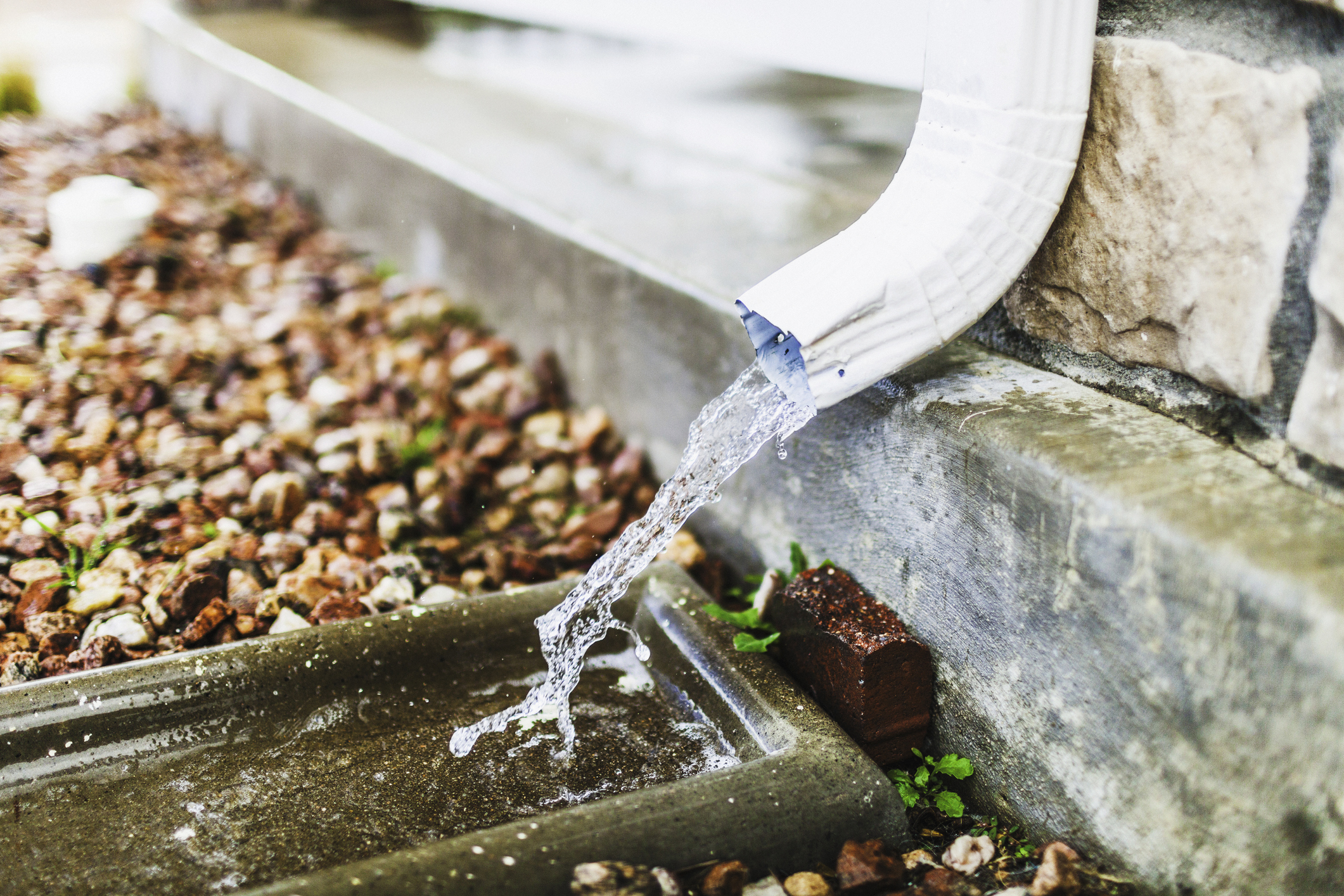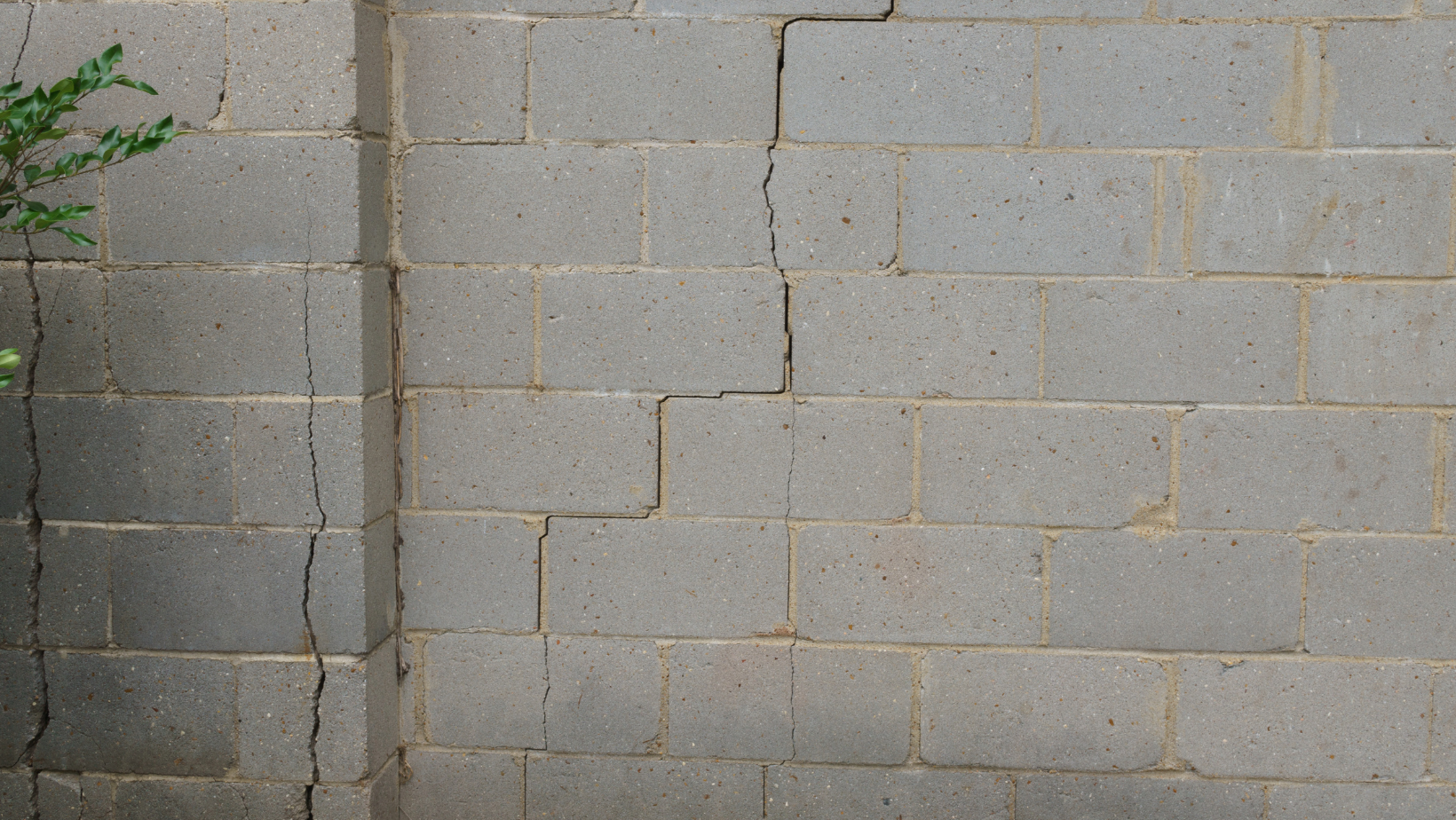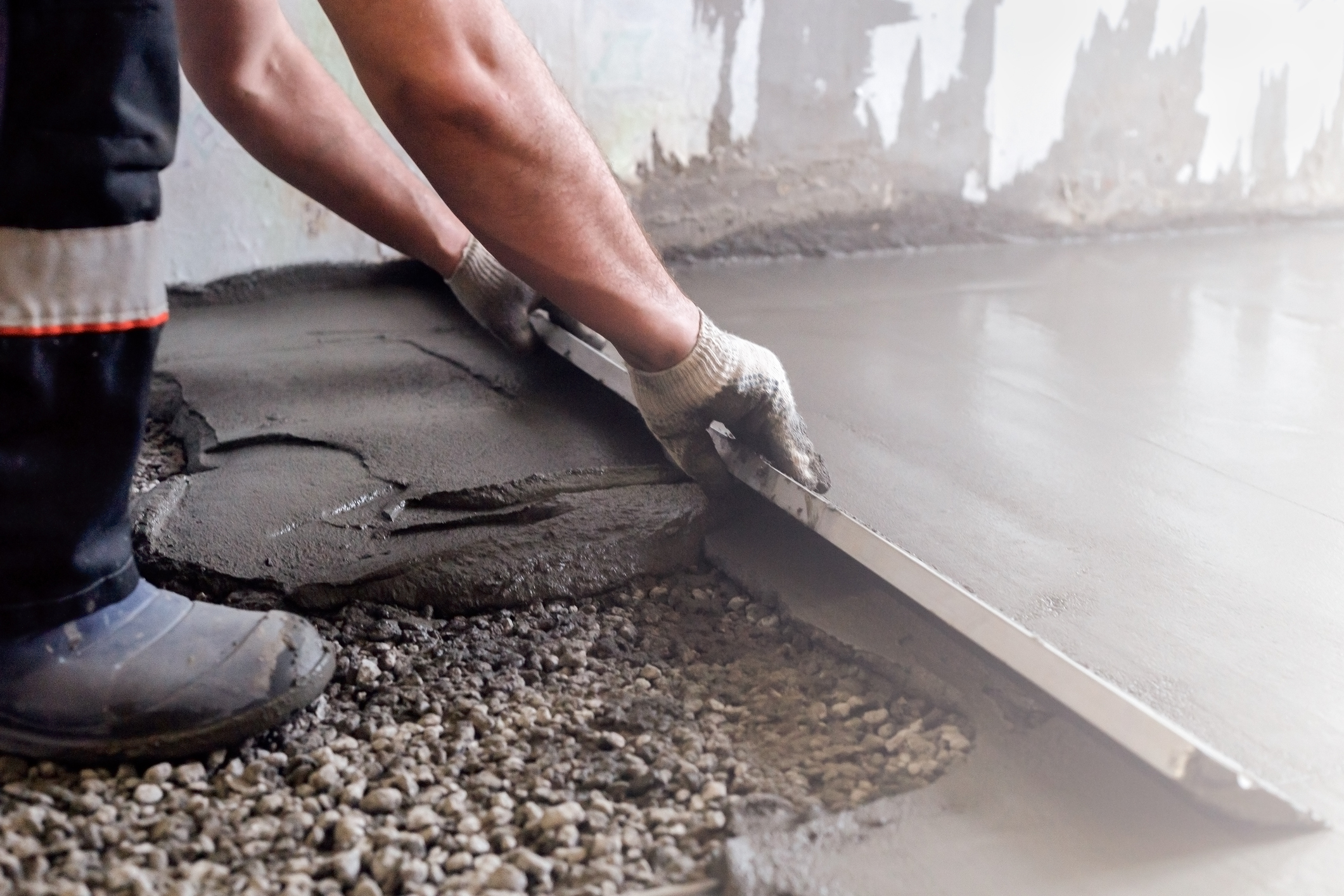
If you are a homeowner, it is wise to know how your foundation is faring in terms of health. On a regular basis, it’s important to maintain the many structures in your home, from your HVAC system to the roof to the plumbing system. But one of the most commonly-overlooked components in any house is the foundation.
You probably don’t think about it too often but your foundation needs regular health checkups just like everything else. These checks will give you a good idea of the well-being of your home’s structure. If you spot an issue, immediate
foundation repair is vital to ensuring the safety and integrity of your house.
This will also prevent expensive costly fixes and future repairs. Here we will go over what constitutes a healthy foundation.
The Purpose of a Foundation
There are many reasons why homes have foundations. They are there to:
- Keep your house above ground: Foundations form a barrier between a home and the ground. If soil type or weather conditions cause the ground to move, this can result in foundation problems.
- Keep the house level: In order to avoid shifting, you need a strong, durable platform for your house to rest on. According to What Things Weigh, a 2,000-square-foot home weighs about 410,000 pounds. That’s a lot of weight! You need your home’s weight to be evenly distributed, which is where the foundation comes in.
- Protect your house from the elements: Foundations do much more than keep your home upright. They also protect it from harmful water damage and foliage, as well as organic substances such as mold.
Steps to Ensuring a Strong, Healthy Foundation
Problems such as cracked exterior brick work or sheetrock can translate to problems within the home. Here’s what you can do to periodically check the health of your foundation.
Step 1: Check Drainage
If you see standing water around the exterior of your home, this could pose a risk to your foundation, compromising its durability and causing soil expansion. This is bad news because high moisture levels can negatively impact your home’s foundation. In the event of pooling water, you will have to redirect the water flow away from the foundation. The best way to do this is to install a drainage system.
Step 2: Inspect Foliage
While flowers, plants, and gardens around your home look pretty, you should think carefully about the type of plants you use there. For example, large trees right next to your home can pose a risk, as they will develop strong roots that can shift or crack your foundation. Focus only on using plants with small, non-invasive roots.
Step 3: Identify Cracks
While small cracks in your foundation are typically a normal sign of your house settling, large, new or expanding cracks can pose a concern. If you spot a new crack or one that’s gotten bigger than the last time you looked, call a foundation repair expert in Houston.
Contact Aftermath Structural Repair
To get a free quote and consultation on our expert foundation repair services, call us now at
281-231-8904.




